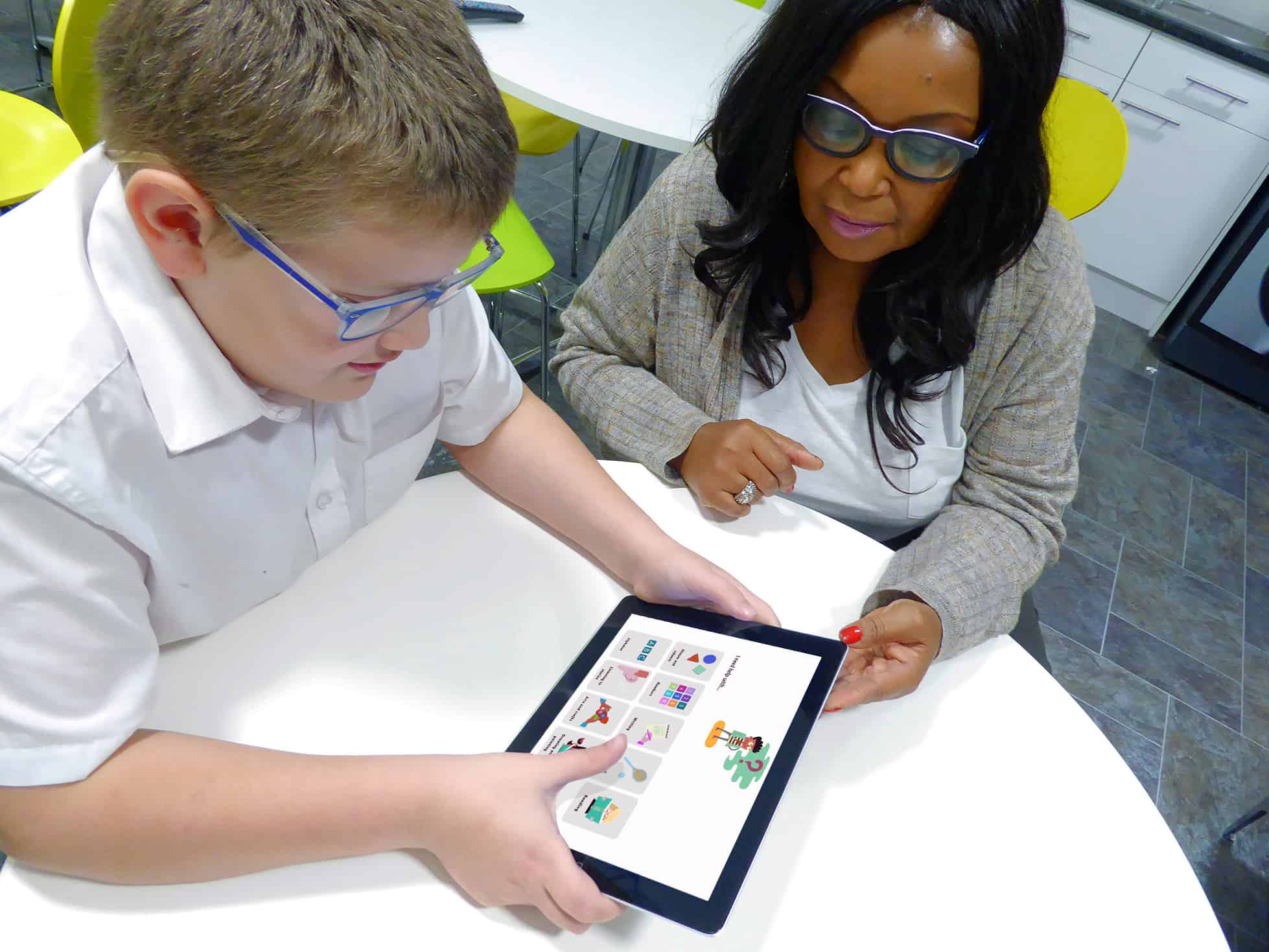Who are the children that are easy to overlook?
I am talking about children with complex additional needs. In the past I have managed many services for children with complex additional needs and I know that each and every one of them had their own thoughts, opinions, wishes and feelings. I have never accepted that it is okay to overlook these just because it takes time, sensitivity, skills and sometimes assistive technology to unlock them.
Unable to be heard
Can you even imagine living your life unable to be heard, at the mercy of everyone else making decisions for you? I am so glad that less and less frequently now I hear practitioners implying that the children they work with don’t have a view owing to their additional needs when what they mean is they have not yet found the way to help the child speak up, or maybe they haven’t yet realised this is their role.
The vast majority of people now understand that in social care and school services we are absolutely obligated to make sure we do everything in our power to help those children’s voices to be heard. This is why at Mind Of My Own we are driven to continue to find ways to support children to access our apps and we do this by co-designing and co-producing with the children themselves. This includes Express, built by children with additional needs for children with additional needs, to give them a strong voice.
Shared for the first time
Last year we heard from Sue Hollywood, Registered Manager Residential in a short breaks service. She spoke with passion about how she supports her children and young people to have a powerful voice. She describes the results from the introduction of Express in her service as being really revealing. For example, one young person who is largely nonverbal used the app to express feelings that she had never shared before with any member of staff or even her social worker before. You can read more from Sue’s brilliant work here.
We are lucky in our community to hear many lovely stories about how practitioners are supporting this group of children to have their say. Mikey’s story is one of these and it sticks in my head because it was a lovely piece of practice showing compassionate and thoughtful care
Mikey’s story
Mikey is an eight year old boy who is blind, deaf and non-verbal. Mikey’s support worker told me that she knew just how to ensure that his wishes and feelings were respected when we delivered training to her service. She later dropped us a line to tell us exactly how. She worked through Express completing each section based upon what she knew were Mikey’s opinions. For example, although he was peg fed he loved certain tastes in his mouth. She knew Mikey well and along with his beaming smile she could tell when his normally clenched fist relaxed slightly he was at his happiest. She made a comprehensive one page profile detailing how he liked to lie in his chair in a sunny window, loved to float in a warm bath and that when he was upset he liked you to stroke his hand gently to calm him. For any worker new to the service they were fully able to understand Mikey’s perspective on life. This service makes sure each and every child has their very own one page profile just like Mikey and they are all having their say.
Locked in boy
Finally, I want to introduce you to Jonathan Bryan an inspirational, smart, funny ten year-old who, for eight years, was ‘locked in’ his own body, unable to speak or communicate his views. Then his mother found the way for him to find his voice through using an alphabet Perspex board.
Watching this film had a profound effect on me as it totally reinforced all my beliefs that we absolutely must find the way to help avoid any child being overlooked.
Locked In Boy is a remarkable award winning film that tells the incredibly moving story of Jonathan. I would implore you to take half an hour out of your busy schedule to watch Jonathan’s story. You will never again feel that any child is too hard to reach.




